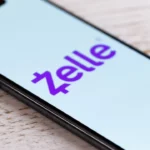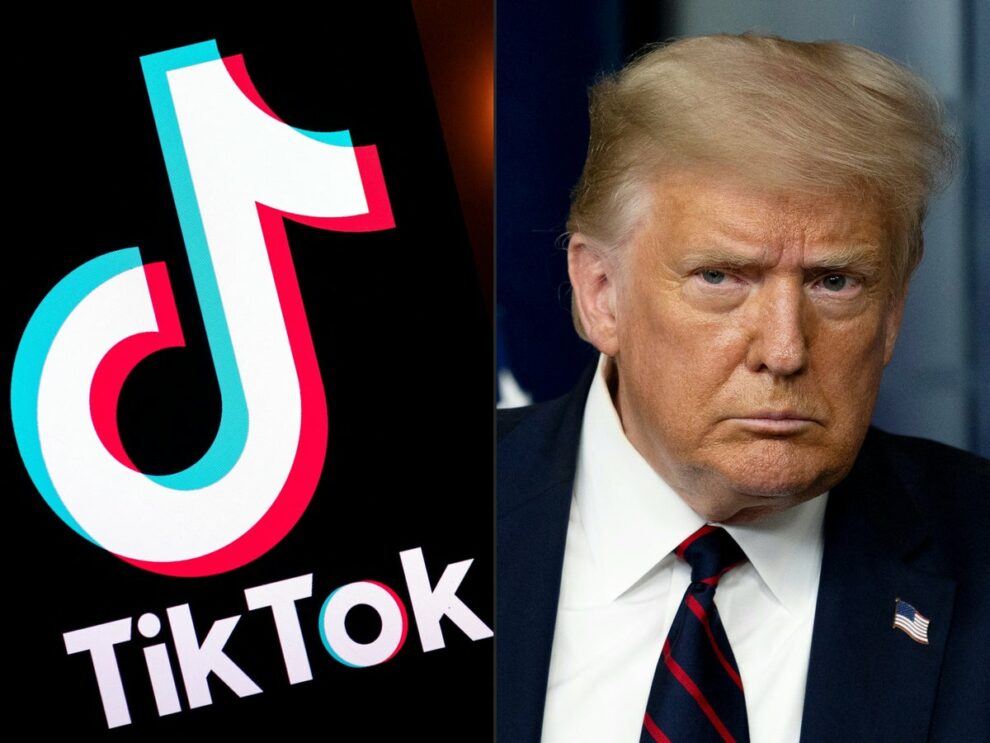Social media giant TikTok orchestrated a masterful political maneuver on Sunday, temporarily shutting down its U.S. operations before swiftly restoring service after President-elect Donald Trump announced plans to pause a federal ban through executive action. The high-stakes development marked a pivotal moment in the long-running saga over the platform’s future in America.
The shutdown, which began late Saturday night, left millions of American users staring at error messages instead of their familiar feeds of viral videos and trending content. The platform’s parent company, ByteDance, implemented the blackout in response to a bipartisan law passed in April requiring the Chinese-owned company to sell its U.S. operations by Sunday or face severe penalties.
The darkness proved short-lived. Trump, set to return to the White House this week, declared on Truth Social his intention to issue an executive order extending the divestiture deadline. TikTok swiftly restored service, greeting returning users with a message crediting Trump’s intervention for the platform’s revival.
Market analyst Jasmine Enberg characterized the sequence of events as “a brilliant marketing stunt” benefiting both TikTok and the incoming president. The brief shutdown, she noted, demonstrated the ban’s unpopularity among the platform’s devoted user base while positioning Trump as their digital savior.
The legal foundation for Trump’s promised executive action remains uncertain. The Supreme Court unanimously upheld the ban on Friday, and Representative Mike Gallagher, the Wisconsin Republican who authored the legislation, insisted on Fox News Sunday that “there is no extension” available under the law. The 270-day window for presidential intervention, he argued, closed at midnight.
Constitutional expert Carl Tobias of the University of Richmond offered a more nuanced view, suggesting Trump could potentially argue the law’s presidential powers extend beyond the transition. However, business law attorney Kirk McGill expressed skepticism about Trump’s legal authority to suspend the ban, while noting the issue might prove moot if TikTok secures a buyer before any court challenge materializes.
The political climate surrounding TikTok’s fate reflects a complex web of interests. Trump, who attempted to ban the platform during his first term, has since credited it with helping secure young voter support in the recent election. TikTok CEO Shou Chew is expected to attend Trump’s inauguration with premium seating, and Trump’s designated national security adviser, Michael Waltz, revealed that the president-elect discussed the matter in a weekend call with Chinese President Xi Jinping.
Meanwhile, some lawmakers maintain their hardline stance. Senator Tom Cotton of Arkansas warned companies against providing technical support to TikTok, characterizing it as “communist-controlled” and threatening “hundreds of billions of dollars of ruinous liability” for any firm facilitating its operations.
The platform’s temporary removal from apple and Google’s app stores affected not only TikTok but other ByteDance properties, including the video editor CapCut and photo editing app Hypic. While existing users retained access to previously downloaded apps, experts warned that lack of updates would eventually render them inoperable.
The search for a potential buyer continues against this backdrop of political and legal uncertainty. Artificial intelligence startup Perplexity AI has reportedly approached ByteDance with a proposal to merge with TikTok’s U.S. operations, notably excluding the platform’s controversial recommendation algorithm. This algorithm, which determines users’ video feeds, has been a focal point of national security concerns, though officials have yet to publicly document instances of Chinese manipulation or data misuse.
For content creators like 20-year-old Tiffany Watson, the platform’s future remains uncertain despite Sunday’s restoration. While expressing hope for TikTok’s continued operation, Watson acknowledged that months of ban threats had already led her to diversify beyond exclusive reliance on the platform.
As the dust settles on this dramatic episode, questions linger about Trump’s commitment to protecting TikTok. As analyst Enberg observed, the president-elect’s history of shifting positions on the platform suggests the possibility of future policy reversals, leaving stakeholders to navigate an environment where both technological innovation and political calculation continue to shape the digital landscape.
















Add Comment